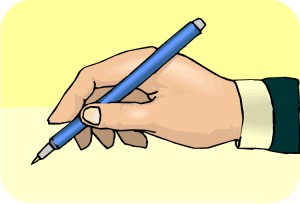
But, how do we manage coming across technical and scientific texts for which we may lack some expert knowledge? When faced with vocabulary that is not within our realm of expertise, what can we do to still guarantee top quality? Well, there are indeed times when consulting with a professional outside the field of translation, someone who is a true expert in the subject matter is necessary. We can reach out to engineers, doctors, lawyers, accountants, and as so to many other professionals who can provide the appropriate common terminology and the slang that fits the field. Indeed, a translation is not simply providing a Spanish, French, Chinese or such versions of the text, but it is an accurate adaptation and localization of the message being conveyed in the source. This task often requires a considerable amount of in-depth research in the subject field.
Thus, when challenged with the task of a new translation, we must be prepared to search for a team of translators, have the right tools, and count on the support of professionals who you trust and can consult with. Therefore, the challenge becomes not only the act of translating, but finding the correct people to participate in the process, who are engaged in the process and who you can count on to deliver a correct translation, accurate in all its aspects.
To read the original post in Spanish, you can visit:
Cuando traducimos, ¿debemos consultar a otros profesionales?





